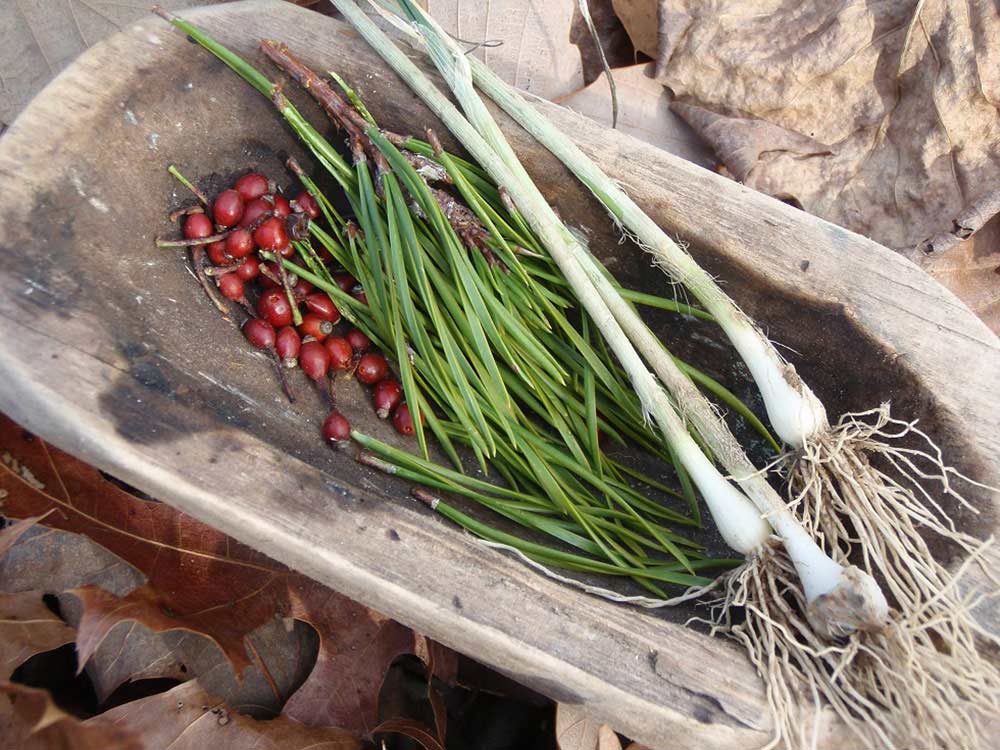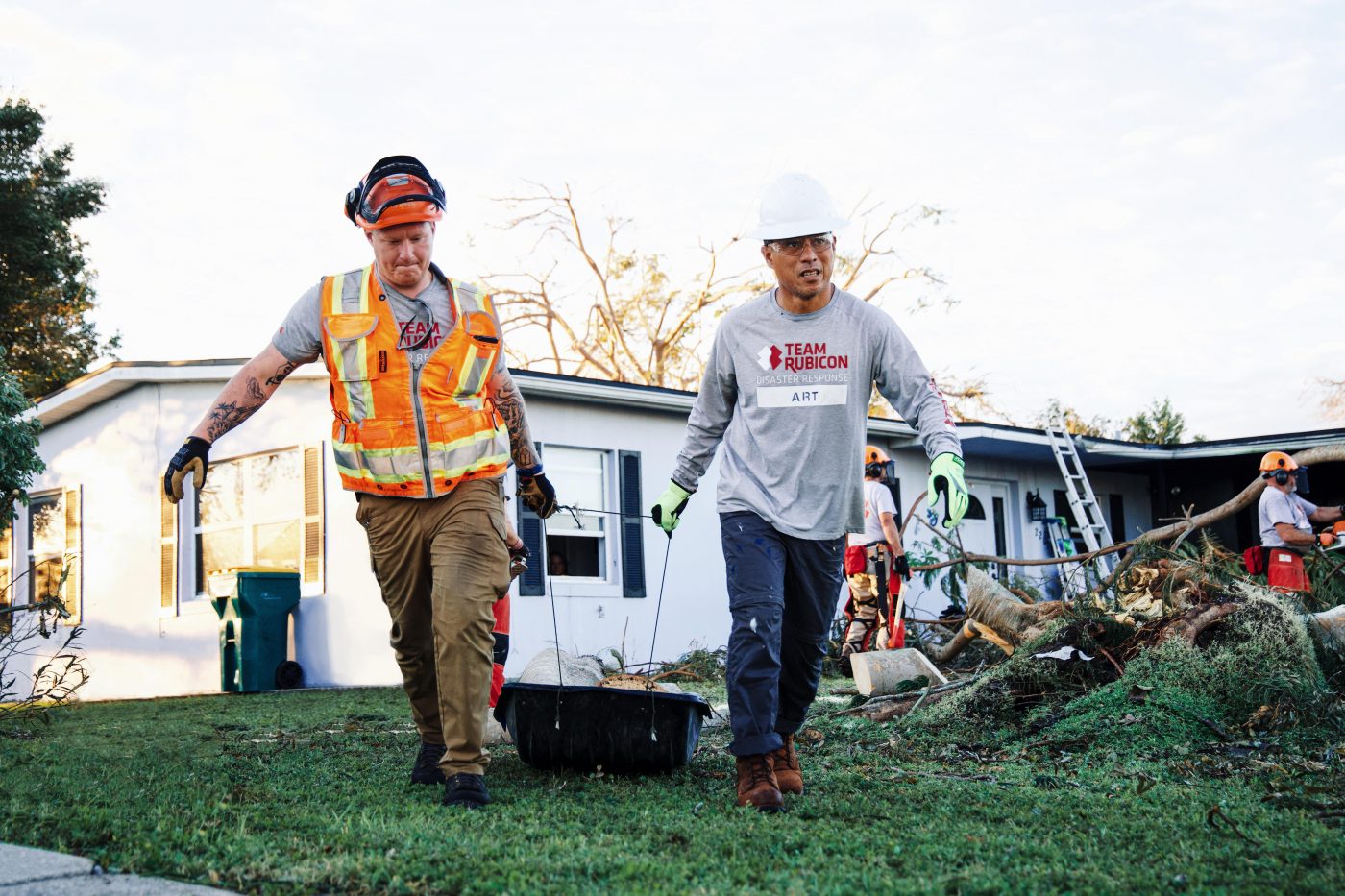
When the power goes out, what do you do? First, unplug all electrical appliances - water heater, computer, TV, etc. It is important to ensure that all smoke and carbon Monoxide detectors work and that the batteries remain fully charged. Review your family's emergency plans. You should also have other charging options, such as solar, crank, or auto chargers. Make sure you have carbon monoxide and smoke detectors. Consider following the manufacturer's instructions and learning how to safely operate a generator.
Unplug appliances
Unplugging expensive electronics can help protect them from power outages. Even if their electronics aren't extremely power-hungry or sensitive to surges of power, they should be unplugged. To protect your electronic devices, you can use surge suppressors. And, of course, don't open your refrigerator! Even though you may lose power soon, it is best to not eat.

Unplug water heater
If your water heater is not working properly, unplug it. Although it sounds simple, it could endanger your water heater. Fortunately, there are several simple ways to solve this problem. The first is to switch off the power. You can find it if you have difficulty finding it, but this will protect your unit from further damage and danger. Continue reading to learn more about how you can unplug your water heater in case the electricity goes out.
Unplug computers
A common misconception is that unplugging computers if the electricity goes off will make them work more efficiently. Unplugging a computer doesn't always save energy. It does however protect your computer against power surges. These can cause serious damage. Turn off the surge suppressor before you attempt to unplug your computer if there is no electricity.
Unplug TV
If your electricity goes out, don't watch TV. It's a serious mistake. While there are many great reasons to keep your television on at night, there is also a time when it's safer to turn off the TV. Modern circuit boards have protection systems that will automatically turn on the electrics in case of danger. You can also inspect the fuses within your TV plug to verify that they are still in good condition.

Unplug your air conditioner
If the power cut is not temporary, unplug your conditioner. If you leave your AC unit plugged in, it could cause serious damage. The capacitor, which regulates the motor's power, can only handle a certain amount of power and will burn out if the circuit breaker is tripped. Overloading the capacitor can damage the AC, which can cause the system to malfunction. An alternative to a power surge is unplugging your AC conditioner before it stops working.
FAQ
What are the basics of survival camping?
You should prepare for every eventuality when embarking on an adventure journey. You must learn how to survive under extreme circumstances.
You must also be prepared for all kinds of weather, from hot sun to cold wind. These precautions can lead to death if you do not take them.
What should be your first instinct in a survival situation
The first thing you should do when faced with an emergency is to assess the situation. You should be aware of what is happening around and where you are.
You also need to know what you can expect from your environment. You may not be capable of using any communication methods if your environment is remote.
If you don’t know anything, it is a good idea to learn as much as you possibly can.
If you are in urgent danger, it's best that you seek medical help immediately. You can take your time and gather information if you feel safe.
What is the difference in a fixed-blade and a folding knife?
Folding knives fold down compactly so that they can fit into a bag or pocket. When not being used, the blade collapses.
Fixed-bladed knives can be used during normal use. They usually have longer blades than folding knives.
Fixed-blade knives can be more durable, but they are less portable.
What is your best survival tool in the event you lose everything?
The compass will tell you which direction north is. It also shows how far we have traveled to get from our starting point. The compass might not always be able to show you the right direction if you are traveling in a place with mountains. But if you're on a flat plain, the compass will usually give you what you need to know.
For those who don't have a compasse, you can use a rock or tree as a guide. However, you can still use a landmark as a way to navigate but it will be easier to determine north.
What is the most important tool for survival?
A sharp knife is essential for survival. It can't be any knife. It must have a sharp edge. You will not be able to use it correctly if it isn't.
A knife without a blade is useless. A dull blade can be dangerous.
Master craftsmen understand how to craft the best knives. They take pride in their work and make sure that every knife is flawless.
They maintain their blades and sharpen them frequently.
Make sure the knife feels comfortable in your hands before you purchase it. You should feel at ease with the knife in your hands.
You should not notice any marks on the handle.
If you do find such flaws, ask the seller to fix them. Accept a knife if it doesn't feel comfortable in your hand.
What is the single most important thing for survival?
Food is the most important thing that you must have to survive. Shelter from the elements and food are also essential. You won't live long if you don't eat.
Statistics
- The downside to this type of shelter is that it does not generally offer 360 degrees of protection and unless you are diligent in your build or have some kind of tarp or trash bags, it will likely not be very resistant to water. (hiconsumption.com)
- In November of 1755, an earthquake with an estimated magnitude of 6.0 and a maximum intensity of VIII occurred about 50 miles northeast of Boston, Massachusetts. (usgs.gov)
- Without one, your head and neck can radiate up to 40 percent of your body heat. (dec.ny.gov)
- so you can be 100 percent hands-free, and there's less chance you'll put your torch down and lose it. (nymag.com)
External Links
How To
How to Find Edible Plants and Animals During Emergencies
In times of emergency, edible plants or animals are an important source of food. They should be included in your survival kit because they can provide nutrients and energy for you without access to normal foods. They may be used for making cosmetics or medicines.
You should know where these plants grow and what kind of conditions they like, such as soil type, climate, and weather. This knowledge will allow for you to quickly identify the plants. However, it's difficult to learn everything about every plant and animal species at once. Some general rules can be applied to all plants and animals.
You can assume that a plant or animal likes moist soil if it's found near water. Shiny leaves indicate that the plant was recently watered. If you find ants around a flower, it means that it has provided nectar for the pollinators. These simple observations will save you time and help you find useful animals and plants during an emergency.
You can find books written by botany and zoology experts to help you learn more about edible plants. You can also view documentaries and speak with rural residents. Follow these steps to learn more about animals and plants.
-
Look out for animals or plants that live near water.
-
Examine the growth habits for both animals and plants.
-
Learn more about the natural habitats and habits of animals and plants. For example, you can look for places with a particular soil type, climate, or vegetation.
-
Identify the parts of plant and animal that you are able to eat.
-
Learn how to prepare and cook plants and animals.
-
You can practice eating wild animals and plants to get used to their taste.
-
Always be cautious when collecting wild plants or animals. Never pick from endangered species.
-
Wild animals and plants must be stored properly. Keep them dry and cool and away from direct sunlight.
-
After handling wild plants or animals, wash your hands thoroughly.
-
Wash fruits and vegetables before consuming them.
-
If you aren't sure, don't eat raw meat or fish.